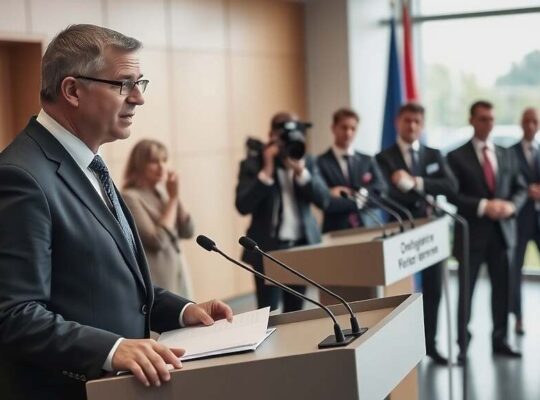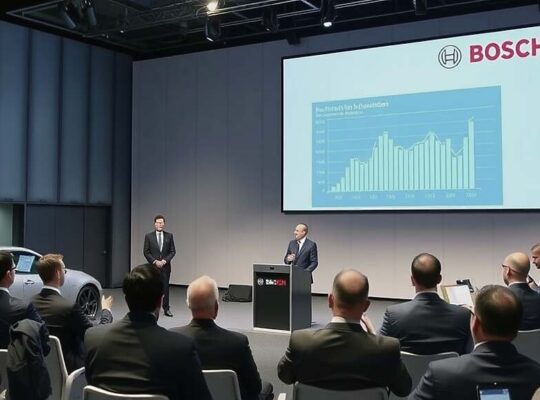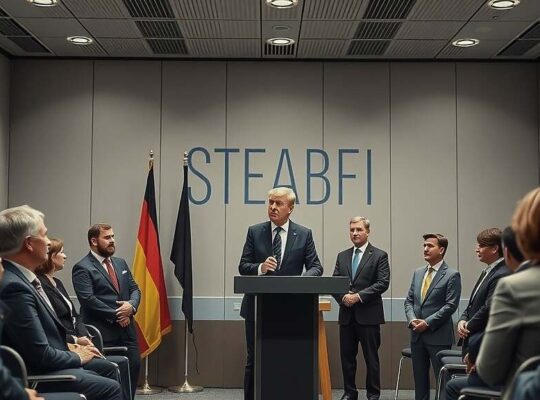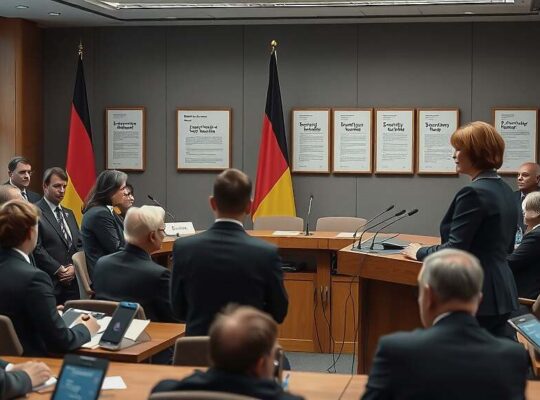The Left Party in Germany, under the leadership of Jan van Aken and Ines Schwerdtner, is signaling an ambitious strategy to aggressively challenge the far-right Alternative for Germany (AfD) and broaden its own political footprint, aiming for a significant surge in electoral support. Van Aken, in an interview with the “Rheinische Post” articulated a long-term vision of achieving 20% of the national vote, potentially as early as the subsequent federal election.
This renewed push centers on directly engaging with voters experiencing disillusionment and frustration, those at risk of gravitating towards the AfD’s populist rhetoric. Van Aken emphasized the party’s intention to offer a credible alternative, promising solutions to economic anxieties and social grievances perceived as neglected by mainstream political establishments. The approach represents a calculated effort to siphon off support from the AfD by presenting a left-wing alternative focused on tangible improvements to everyday lives.
Beyond national ambitions, the party is also setting its sights on regional expansion, with a specific focus on penetrating western German states. Van Aken outlined a target of securing representation in regional legislatures, citing Baden-Württemberg as a key target where recent polls place the party at over 7%. This westward shift represents a deliberate attempt to diversify the party’s base, currently concentrated primarily in eastern Germany.
The party’s platform will continue to prioritize housing affordability, with Van Aken framing excessive rent increases by landlords as a form of criminal exploitation. He advocated for stricter enforcement and prosecution of landlords engaging in what he described as “usurious” practices, sparking debate about the scope and potential overreach of such measures.
The leadership of Van Aken and Schwerdtner has already demonstrably revitalized the Left Party. Under their direction, the party successfully regained parliamentary seats in the Bundestag and experienced a substantial increase in membership – a positive trend they aim to build upon as they pursue an increasingly assertive position within the German political landscape. The success of this strategy, however, will depend on navigating the complexities of appealing to a frustrated electorate without alienating potential moderate supporters.












